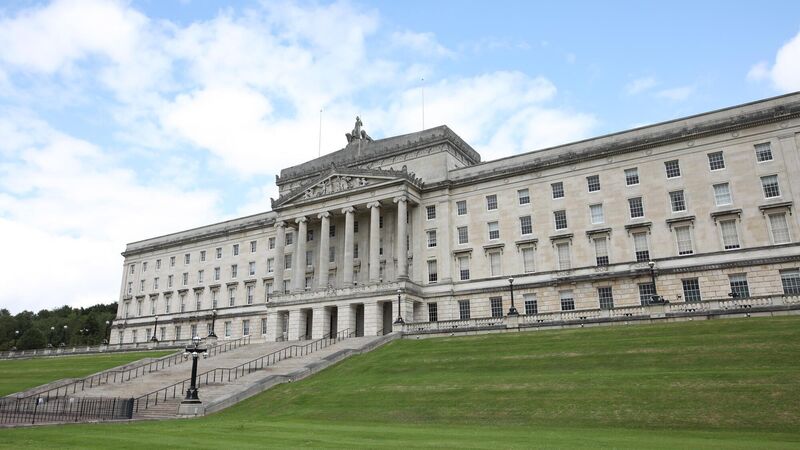‘Historical shift’: What a Sinn Féin win in Northern Ireland would mean

Sinn Féin seems likely to win a historic victory on May 5, becoming the largest party in Stormont.
Northern Irish politics are on the brink of an inflection point on May 5 if the latest polling proves correct, ending a century in which the largest party in Northern Irish politics has come from the unionist community.
Instead, Sinn Féin seems likely to win a historic victory, becoming the largest party in Stormont.













